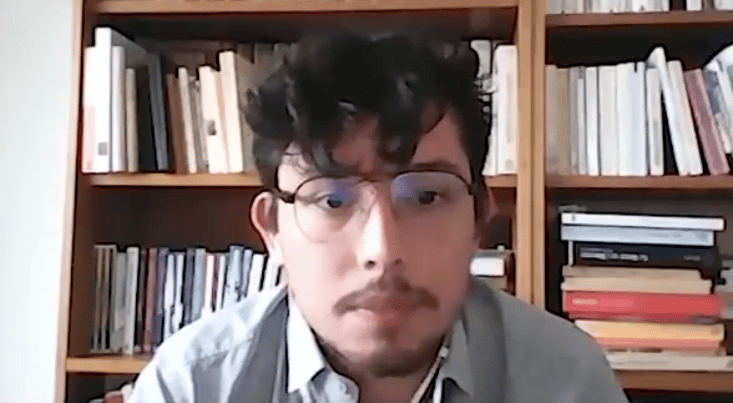For the National Whistleblower Center’s National Whistleblower Day celebration, which Whistleblower Network News (WNN) co-sponsored, WNN had the pleasure of interviewing Thomas le Bonniec. In 2019, le Bonniec worked in Ireland for a subcontractor employed by Apple. When he first started the job, he was enthusiastic about the location and good pay, but he quickly took issue with what the job entailed: listening to user recordings from Siri, Apple’s virtual assistant.
“I disagreed from the first day with what I was supposed to do at my job,” le Bonniec says during the interview. He stayed at the job for two months, but when he listened to a recording from a pedophile, he decided he couldn’t stay on any longer. That was also the moment le Bonniec decided that the public needed to know what was going on.
Since leaving Apple, le Bonniec has been urging the data protection authorities in Europe to take action about his allegations, “because they are responsible for these kinds of violations. They are the ones who should investigate that.” During the interview, he talked about his whistleblowing experience and how he tried to flag the recording to no avail. He also talked about how he was unable to blow the whistle on these issues internally, because it was the job itself that is extremely objectionable. “These recordings were made on a massive scale,” le Bonniec emphasizes.
During the last part of the conversation, le Bonniec gives advice to people who might want to blow the whistle. He advises that a potential whistleblower would need “a lot of time of introspection before they decide what path they’re going down to.” He recalls that he was told by several people close to him that blowing the whistle would be “pointless” and an uphill battle, and he concedes that whistleblowing “is not something you should do lightly. You should definitely think about it before you start the process, that’s not something you go back from, especially when you go public.”
“It feels good to be able to say you’re not going to bow down to pressure, especially when it feels, in my case at least, that it’s wrong,” le Bonniec remarks. “So that’s a good thing. Other doors, other opportunities are open. You meet different people who have a different view of the world. They may not be in power, but they are at least trying to do things for the better…I’m connected to people who are trying to do things for the better, and that’s very much what’s important to me.”
“I would also say that you definitely need to bear in mind that your employer is not on your side in these specific cases — pretty much anytime, actually. Your employer is not going to be on your side: be careful with what you’re going to share with them and what your intentions are and how disgruntled you may seem to them as well. Be careful and don’t give anything to them that they might use afterwards,” le Bonniec advises.
At the end of the interview, le Bonniec emphasized his commitment to trying to enact meaningful change and urging European data protection authorities to take action. “I’m not going to let this go, that’s for sure,” he says.
He also cautions individuals to think critically about their relationship with big tech industries: “If you ever think of what kind of data you’re just giving away and how much it is worth, actually, to the people who are spying on you, please make sure to check your iPhone settings, your Siri settings. Please make sure that you’re not using Google anymore, try another search engine like DuckDuckGo, try to switch from Google Chrome to Mozilla Firefox. Try and get involved with free software and those kinds of actors, such as the Wikimedia Foundation, the Mozilla Foundation, and Linux and all those people who are actually doing a great job of fighting that.”
le Bonniec was one of the many brave whistleblowers who shared their stories and experiences at this year’s National Whistleblower Day celebration. His powerful story provides invaluable insights into the tech industry.
Learn more about National Whistleblower Day 2021 here.
Interested in tech and social media whistleblowers? Read an interview with Facebook whistleblower Sophie Zhang here.
